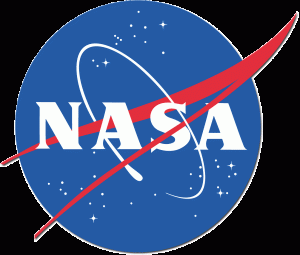NASA is turning over moon travel to the private sector and will turn the transport of astronauts over to private companies. NASA introduced five such companies who have grants to work on transporting humans into orbit, including Boeing and Paragon Space Development on Feb. 2. NASA Administrator Charlie Bolden made the presentation of the companies, which are receiving 50 million dollars in grants to study spacecraft and other technology that would allow the private sector to take over the job that NASA has done for decades.

“This is the right time; this is the right direction for the agency to take in this new era,” David Thompson, chief executive of Orbital Science Corporation, told reporters Tuesday Feb. 2 as the companies’ proposals were unveiled.
Bolden defended the Obama administration’s move to cancel the existing program that was underway to return humans to the moon and instead turn the transport of astronauts into low-Earth orbit over to private companies. He called it, “not a new idea, but rather an idea whose time has come.” He stressed that private aerospace companies have long been involved in building crew launch vehicles. NASA is already shifting some of its cargo delivery to the International Space Station to the commercial sector. Likewise, satellites have long been launched on commercial rockets.
On Monday, Feb. 1 the administration proposed abandoning the Constellation program for next generation spacecraft and rockets designed to replace the space shuttle and return humans to the moon.
Instead, President Barack Obama’s budget proposal devoted an additional 6 billion dollars over the next five years in a competition to encourage commercial aerospace operations in a kind of space taxi service.
Later Monday, NASA named the five aerospace companies to come up with concepts for transporting humans into orbit. NASA awarded a total of 50 million dollars to the companies to study human spaceflight alternatives after the retirement of the space shuttle later this year. The money comes from government stimulus funds already authorized by Congress.
Blue Origin is developing a rocket-propelled vehicle to routinely fly astronauts into space and was awarded 3.7 million dollars to develop an escape system and a crew module. The Boeing Company received 18 million dollars for its work on a transportation system including a seven-person crew capsule. Paragon Space Development Corporation was awarded 1.4 million dollars for development of a life-support air system. Sierra Nevada Corporation received 20 million dollars for work on its Dream Chaser seven-person spacecraft, and United Launch Alliance received 6.7 million dollars for an emergency detection system for Atlas V and Delta IV rockets.







